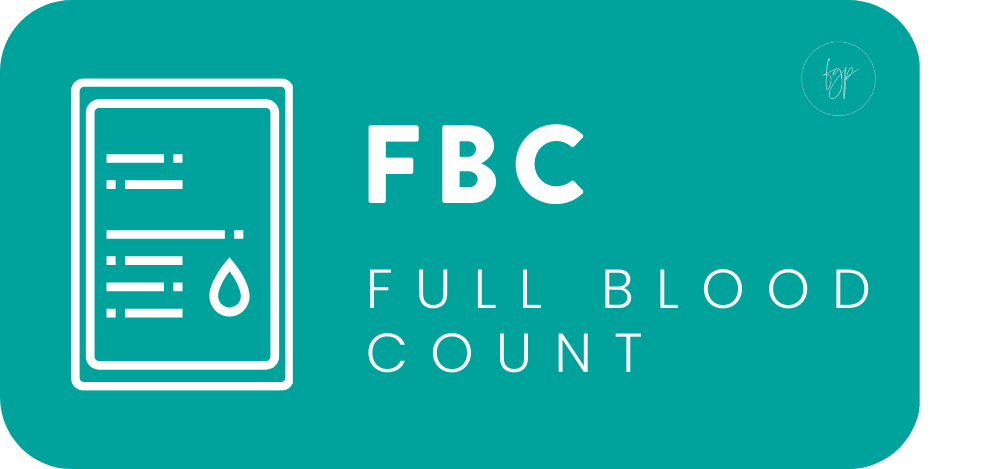What is going on?
Your lab tests

Full Blood Count
The FBC looks at different components of your blood:
- Haemoglobin (Hb): Measures red blood cells, indicating anemia or dehydration.
- White Cell Count (WCC): Helps assess infection, inflammation, or immune function.
- Platelets: Involved in clotting; can be too high (risk of clots) or too low (risk of bleeding).
- Neutrophils & Lymphocytes: Types of white blood cells that help fight infections.
Your result is raised
When Levels are High
Can indicate infection, inflammation, stress response, or certain cancers like leukaemia.
Your result is low
When Levels are Low
May suggest anaemia, immune suppression, bone marrow disorders.
WE’RE HERE TO HELP YOU
Understanding trends in the results
A gradual drop in haemoglobin is common with aging, but a sudden drop suggests blood loss. Persistent abnormal counts may indicate chronic disease, bone marrow issues, or nutritional deficiencies. Numbers can vary with infection, inflammation, or after exercise, and may also be affected by hydration levels (dehydration can falsely raise haemoglobin levels).
A deeper dive
For those looking to delve deeper and gain a greater understanding of their results and their practical applications.
What Your Full Blood Count (FBC) Reveals
- Haemoglobin - Oxygen-carrying protein in red blood cells.
- White Blood Cells (WBC) - Key cells in the immune system, helping fight infection. High levels that persist may suggest ongoing infection or inflammatory disease; low levels over time could indicate immune suppression
- Platelets- Help with blood clotting and wound healing. Trends help assess bleeding risks—persistent high levels may suggest chronic inflammation or bone marrow disease.

